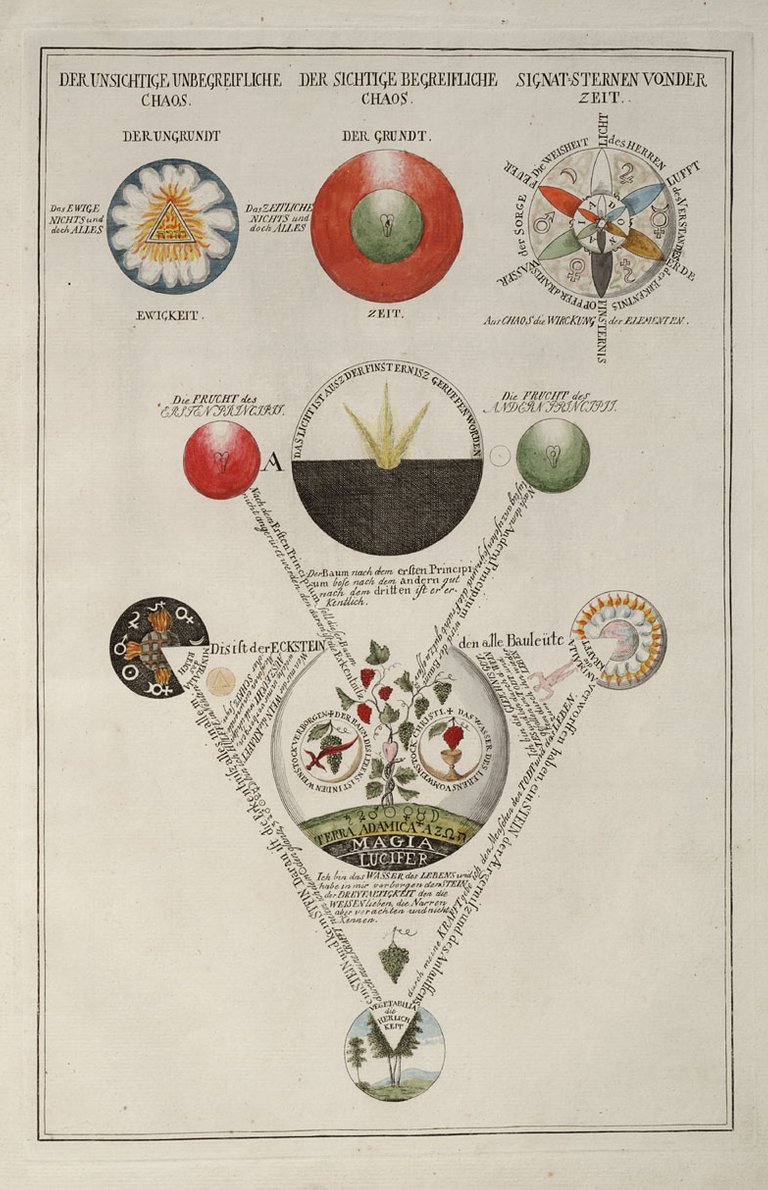Puritan alchemists founded America - it sounds like a bad fiction, but it is a fact. As befits a young republic, the history of the earliest origins of the American metaphysical religion is a long list of outstanding characters, courageous experiments, and hardly friendly relations. In it we will meet alchemists who pursued witches, alchemists who were governors, and several alchemists who served as presidents of the first American colleges. The community of alchemists at home and abroad was in constant contact with each other, willingly exchanging methods, results and useful notes, both published and unpublished. At the core of this full-life cosmopolitan cultural development movement were “informers” - insightful men who were so respected that they became “guardians” or “gatekeepers”. By replacing letters (sometimes with the help of secret codes), samples and books were sent to fellow seekers of knowledge across continents and oceans, and these people became Internet hubs of their time. If the valuable find was made very far away, the news of it soon spread throughout the world thanks to informants.
As John Butler wrote: “American colonists had mixed relationships with Christian communities. After about 1650, even in New England, only about one-third of all adults belonged to a church. This proportion was lower in the Middle and Southern colonies, and on the eve of the American revolution only about 15 percent of all colonists probably belonged to a church. In 1687, New York Governor Thomas Dongan wrote that the settlers there usually did not express religious feelings at all, or, when they had such feelings, they developed into wild unconventional religious beliefs. "" Two years before the Salem Trial, Cotton Mather was so worried about the number of settlers who used occult methods of treating diseases and settling disputes, that he described Christian protection against them in occult terms (as amulets) so that readers could understand him more easily. ” Were these wild unorthodox beliefs? John Butler continues: “The American colonists were truly religious, but many resorted to occult and magical practices unacceptable to most Christian clergy and lawmakers.”
Lewis Morris, a politician from New Jersey, wrote in 1702 about its components: “With the exception of two or three cities, there is no demonstration of public worship of any kind, but people live like Indians.” Wandering Anglican minister Charles Woodmason reported that in the southern colonies the locals do not keep the Bible. They didn’t want preachers or churches to complicate their lives, but they strongly urged their children to be baptized just in case.
America, the birth of England, reflected the religious diversity of the metropolis. In the end, Isaac Newton practiced alchemy. Chaucer, Shakespeare and Milton littered their creations with astrological references and mentions. A small percentage of particularly intelligent or courageous nobles have always been fascinated by druids, alchemy, astrology, and the occult. The middle class regularly took a sample of independent erudition, like that of Thomas Taylor, a devoted translator of ancient Greek philosophical and religious works. Or theorists of such great spiritual unions as Godfrey Higgins, who wrote The Celtic Druids to prove that the first Druids were Asians who went all the way to Great Britain. Or General James Furlong, whose book “The Rivers of Life” includes a folding card the size of a room where he tried to depict the graphic chronology of each religion and cult in history. These attempts, written in many languages, to imagine the fullness of human religious experience throughout history have more than covered their inaccuracy with their endless and glorious flight of fantasy. Such inventions and speculation can be enjoyed in the work of Borges, where gems of facts and interesting interpretation of history coexist with random fantasies.
As for the poor, they had their popular knowledge and fortune telling to help them find lost things or people, to choose a wedding date, to ward off bad luck, or, at the most, to cure diseases or injuries. For nobles, free-thinking rogue scientists, and educated men and women who arrived with libraries in America, witchcraft was strictly forbidden, but occultism was a sport of intellectuals, and home-grown treatment and traditions were not considered pagan. Almanacs full of astrology and particles of occult information were popular at home and abroad. Books on Kabbalah, the works of Hermes Trismegistus, medical and metaphysical works of Paracelsus were distributed among well-read citizens of England and the colonies. Not that the British and Americans rejected Christianity, they just had a much broader definition of it than we do today. They did not look wisely
✅ Enjoy the vote! For more amazing content, please follow @themadcurator for a chance to receive more free votes!